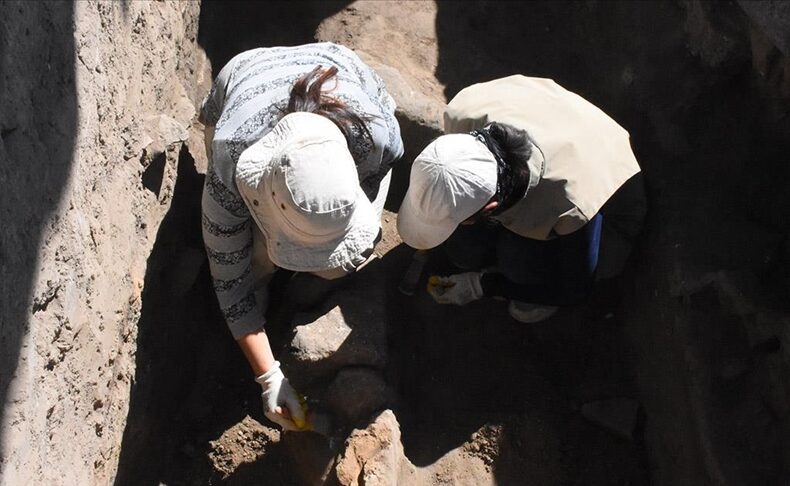
Traces of the Lost Kingdom of Purušhanda: Three Ovens and Two Hearths Unearthed in Üçhöyük
Archaeologists working at Üçhöyük in Bolvadin, Afyonkarahisar (western Türkiye) have uncovered new evidence that may shed light on the long-sought lost kingdom of Purušhanda. This season’s excavations revealed three mudbrick-built ovens and two hearths, suggesting large-scale production activities dating back to the second millennium BC.
Excavations at Üçhöyük began in 2020 and have continued under a presidential decree since 2024, directed by Prof. Dr. Özdemir Koçak of Selçuk University. Supported by the Governorship of Afyonkarahisar, Selçuk University, Bolvadin Municipality, and local institutions, the project also includes the participation of Japanese scholars.
Prof. Koçak explained the significance of the finds:
“We identified workshop-like spaces with three ovens and two hearths. These were not for ordinary domestic use, but for organized production—possibly serving the palace or elite groups. Üçhöyük functioned as a kind of ‘cargo center,’ producing goods that were distributed across the region.”
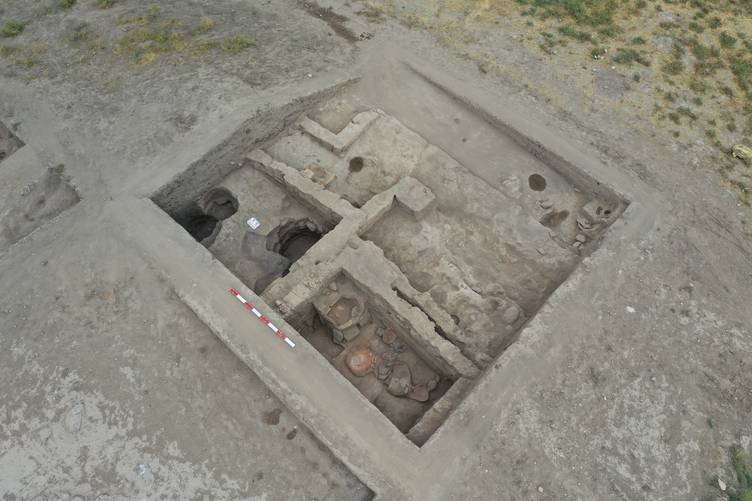
Purušhanda: From Assyrian Trade to Hittite Domination
Purušhanda (also written Purushanda) appears in cuneiform sources as one of the most powerful Anatolian city-kingdoms of the Assyrian Trade Colonies Period (ca. 2000–1700 BC). Assyrian merchant tablets from Kültepe (ancient Kanesh) describe it as a leading hub controlling trade routes across central Anatolia. The Akkadian king Sargon of Akkad even claimed to have campaigned against its ruler, underscoring the city’s regional importance.
📣 Our WhatsApp channel is now LIVE! Stay up-to-date with the latest news and updates, just click here to follow us on WhatsApp and never miss a thing!!
However, the rise of the Hittite kingdom in the 17th century BC brought many of these independent city-states under Hittite control. Purušhanda, once a dominant power in the Assyrian commercial network, eventually lost its independence and was integrated into the expanding Hittite realm. This makes Üçhöyük a unique site where the transition from local kingdoms to Hittite imperial rule may be archaeologically traced.
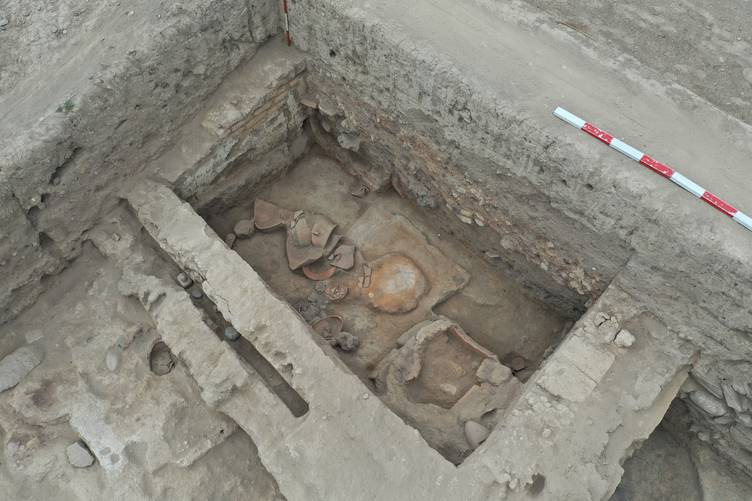
So far, the exact location of Purušhanda has remained uncertain. Yet discoveries at Üçhöyük—including seals, spindle whorls, copper and lead pins, figurines, storage jars, and now ovens and hearths—suggest it was a major production and trade center in the 1600s BC. These findings strengthen the possibility that Üçhöyük may indeed represent the capital of the lost kingdom.
Afyonkarahisar’s Provincial Director of Culture and Tourism, Yusuf Altın, emphasized:
“The finds provide strong indications that Üçhöyük could be the heart of the lost kingdom of Purušhanda. If future seasons yield written tablets or royal inscriptions, we may be able to confirm this with certainty.”
Future Plans
The excavation team plans to restore and preserve the mudbrick ovens and hearths, opening them to visitors in the coming years. If confirmed, Üçhöyük could not only solve one of Anatolia’s enduring archaeological mysteries but also emerge as a major heritage attraction.
Cover Photo: Archaeologists working at Üçhöyük carefully unearth new finds that may belong to the lost kingdom of Purušhanda. Credit: AA
You may also like
- A 1700-year-old statue of Pan unearthed during the excavations at Polyeuktos in İstanbul
- The granary was found in the ancient city of Sebaste, founded by the first Roman emperor Augustus
- Donalar Kale Kapı Rock Tomb or Donalar Rock Tomb
- Theater emerges as works continue in ancient city of Perinthos
- Urartian King Argishti’s bronze shield revealed the name of an unknown country
- The religious center of Lycia, the ancient city of Letoon
- Who were the Luwians?
- A new study brings a fresh perspective on the Anatolian origin of the Indo-European languages
- Perhaps the oldest thermal treatment center in the world, which has been in continuous use for 2000 years -Basilica Therma Roman Bath or King’s Daughter-
- The largest synagogue of the ancient world, located in the ancient city of Sardis, is being restored

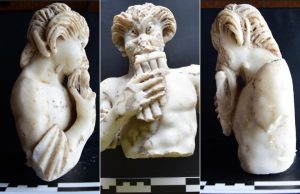
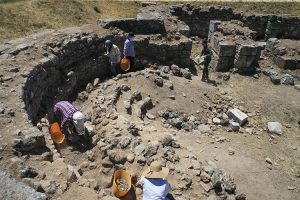
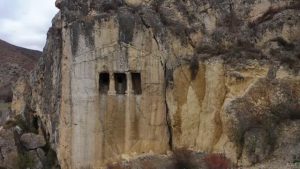
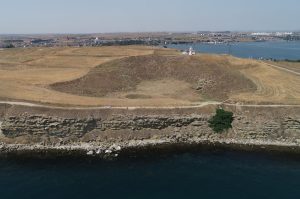
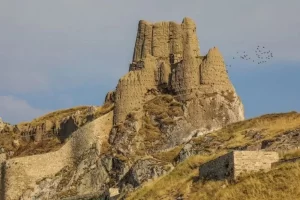
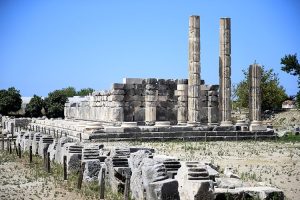
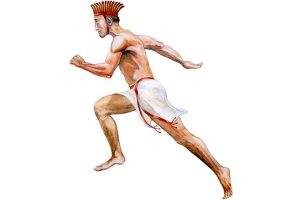

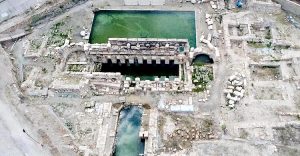
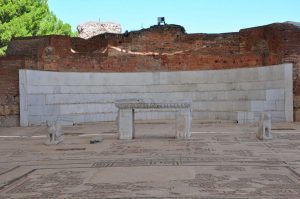
Leave a Reply